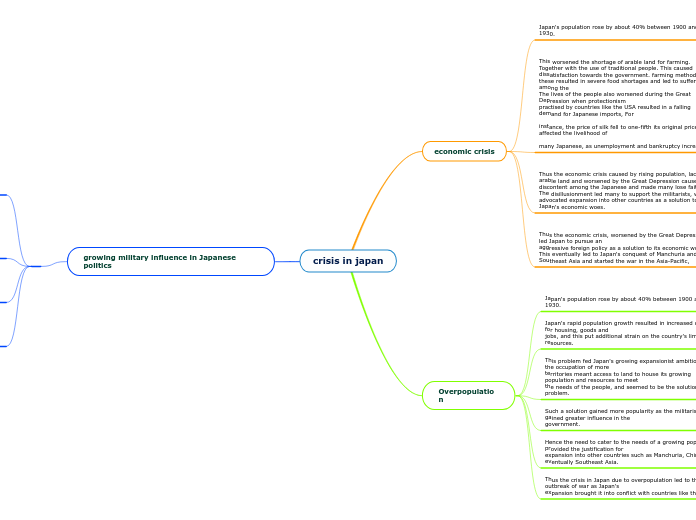по Akshob Ram kumar (Springfields) 3 лет назад
303
crisis in japan
Japan faced significant challenges in the early 20th century due to rapid population growth, which placed immense pressure on limited resources and heightened the demand for housing, goods, and employment.









